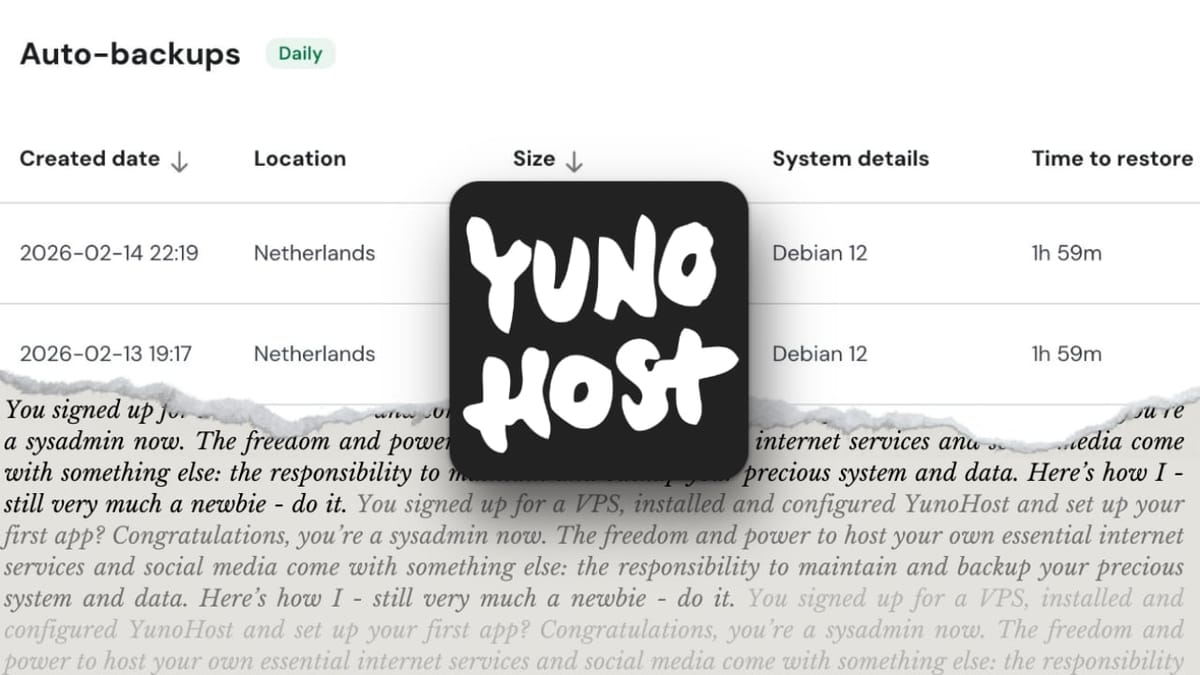I just wrapped up an interesting call that was originally scheduled for last week but rescheduled for today. The client is looking for a unique setup, and thanks to having an early re-read of the fantastic The Book of PF - 4th Edition, I was able to propose some configurations that had completely slipped my mind. The client is extremely curious, and this will likely lead to a new OpenBSD deployment in an interesting environment.
At the same time, I received an email from a professor at an Italian university whom I had encouraged to extend his lectures to include BSDs. I piqued his curiosity as well and proposed a session specifically on firewalls, focusing on OpenBSD and pf. He will be reading The Book of PF soon and will likely add it to his students' recommended reading list. I'll probably present them, too.
In short - one book, a thousand new possibilities. Infinite thanks to @pitrh for the massive and wonderful work behind it.
https://nostarch.com/book-of-pf-4th-edition
#OpenBSD #FreeBSD #NetBSD #RunBSD #PF #Firewalling #IT #SysAdmin


